A federal appeals court has cleared the way for President Donald Trump to fire members of executive branch boards that oversee federal employee grievances and labor disputes across the nation.
The ruling Friday is a victory for Trump’s effort to exert control over regulatory agencies that Congress intended to operate with some degree of independence from the president. Federal laws limit the president’s ability to remove the board members who oversee those agencies, but the Trump administration has argued those limits are unconstitutional.
A three-judge panel of the D.C. Circuit Court of Appeals voted 2-1 to allow Trump to remove members of the National Labor Relations Board and the Merit Systems Protection Board. The two board members in the case — Gwynne Wilcox of the NLRB and Cathy Harris of the MSPB — were appointed by President Joe Biden.
Lower-court judges had issued injunctions preventing Trump from firing the two board members, but Friday’s appeals court ruling lifts those injunctions for now while the litigation proceeds.
Since taking office, Trump has embarked on a concerted bid to establish virtually unfettered authority over all aspects of the executive branch, even those intended by Congress to be insulated from political pressure. In addition to Harris and Wilcox, Trump has fired the two Democratic members of the Federal Trade Commission, the head of the Office of Special Counsel, a member of the Federal Labor Relations Authority and more than a dozen inspectors general.
Many of those other firings are also being challenged in court, and many experts believe the Supreme Court will soon weigh in on the president’s authority to fire agency heads for any reason — or for no reason at all. The laws governing many independent agencies typically permit the president to fire board members only for specific reasons, such as misconduct or neglect.
But the Trump administration indicated in February that it believes those removal restrictions — particularly the ones that apply to the FTC, the NLRB and the Consumer Product Safety Commission — are unconstitutional.
Friday’s ruling from the D.C. Circuit technically applies only to the NLRB (which enforces labor laws on unionization and unfair workplace practices) and the MSPB (which hears workplace grievances from federal employees). But the precedent will no doubt shape the litigation on Trump’s firings of board members at other agencies.
Each of the three appellate judges wrote separately, and the panel released no majority opinion.
Judge Justin Walker, a Trump appointee, offered the most forceful endorsement of Trump’s authority to dismiss the officials. “The Government has … shown that it will suffer irreparable harm each day the President is deprived of the ability to control the executive branch,” Walker wrote.
Judge Karen Henderson, an appointee of President George H.W. Bush, also voted to allow Trump to fire the incumbent board members, although she termed it “a slightly closer call.”
Judge Patricia Millett, an appointee of President Barack Obama, dissented, saying she would’ve left in place the lower-court rulings allowing the incumbent members to retain their posts while litigation proceeds. She said the decision by her colleagues upends longstanding Supreme Court precedent and will effectively disable both boards from functioning.
“That decision will leave languishing hundreds of unresolved legal claims that the Political Branches jointly and deliberately channeled to these expert adjudicatory entities,” Millett wrote. “I cannot join a decision … to announce a revolution in the law that the Supreme Court has expressly avoided, and to trap in legal limbo millions of employees and employers whom the law says must go to these boards for the resolution of their employment disputes.”
Trump had fired a key member of each board only to be stopped by district court judges who ruled that Trump had violated the law and constitutional precedents. But the Trump administration countered that recent Supreme Court decisions have suggested the court is moving toward granting the president near-total control over executive branch positions that wield significant authority — even if Congress originally intended them to be independent.

 German (DE)
German (DE)  English (US)
English (US)  Spanish (ES)
Spanish (ES)  French (FR)
French (FR)  Hindi (IN)
Hindi (IN)  Italian (IT)
Italian (IT)  Russian (RU)
Russian (RU) 


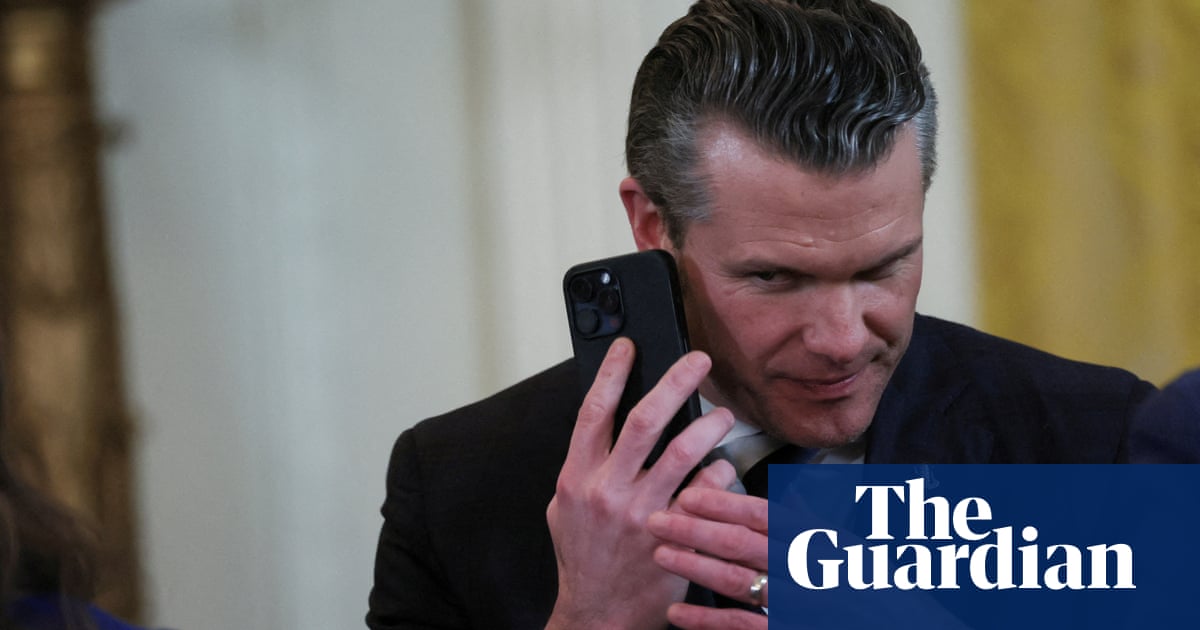



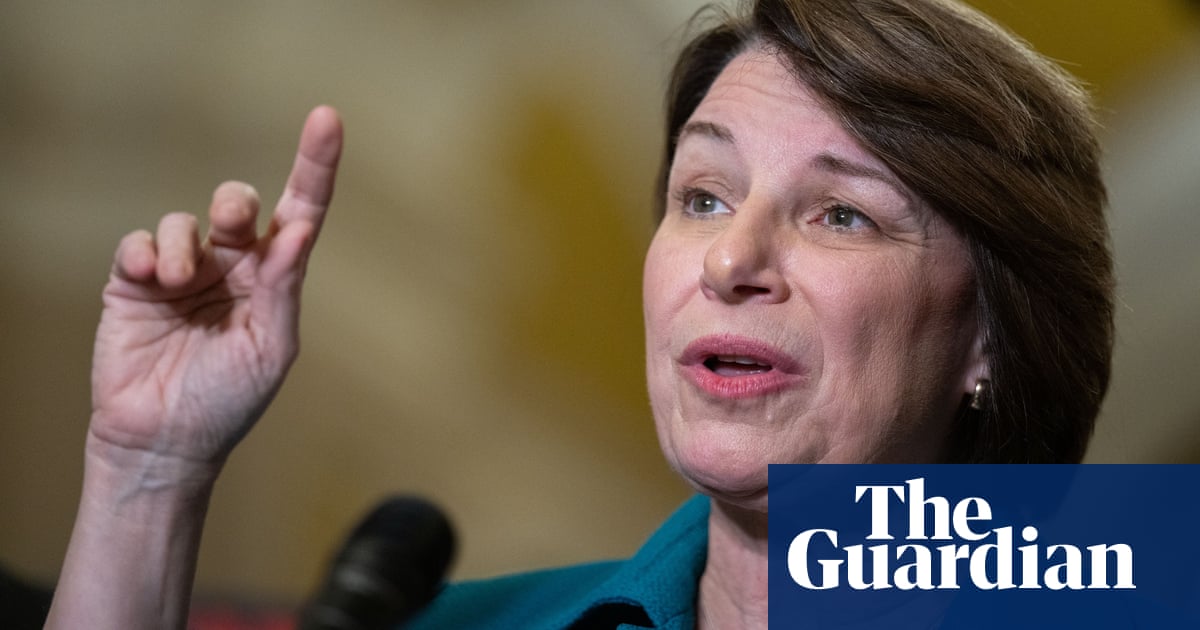










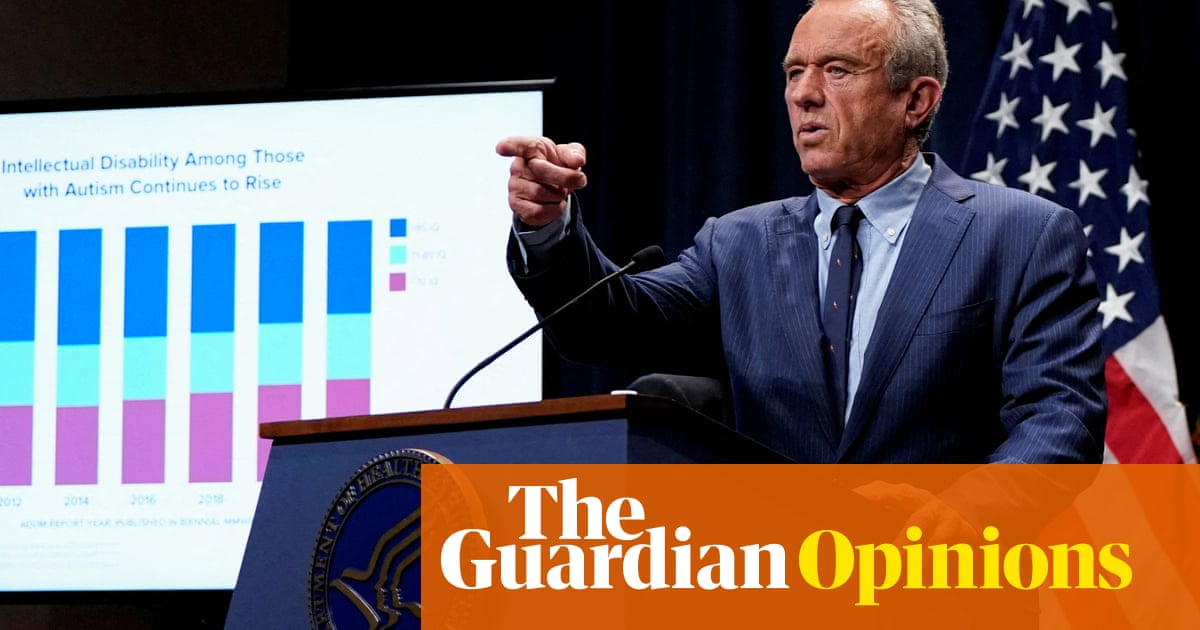

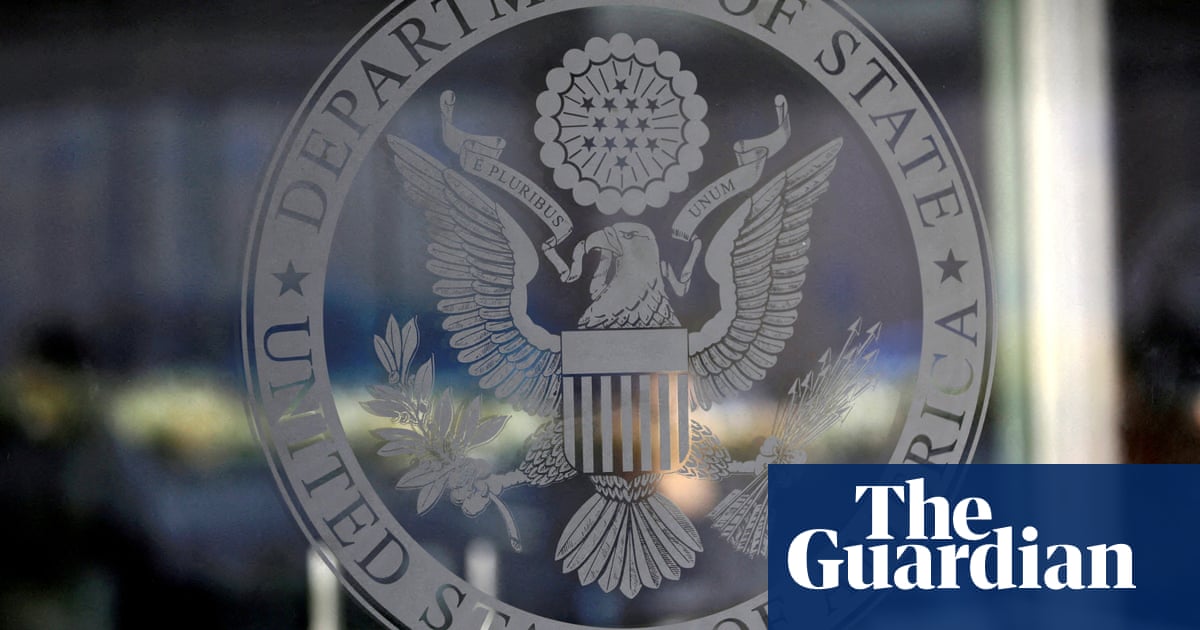
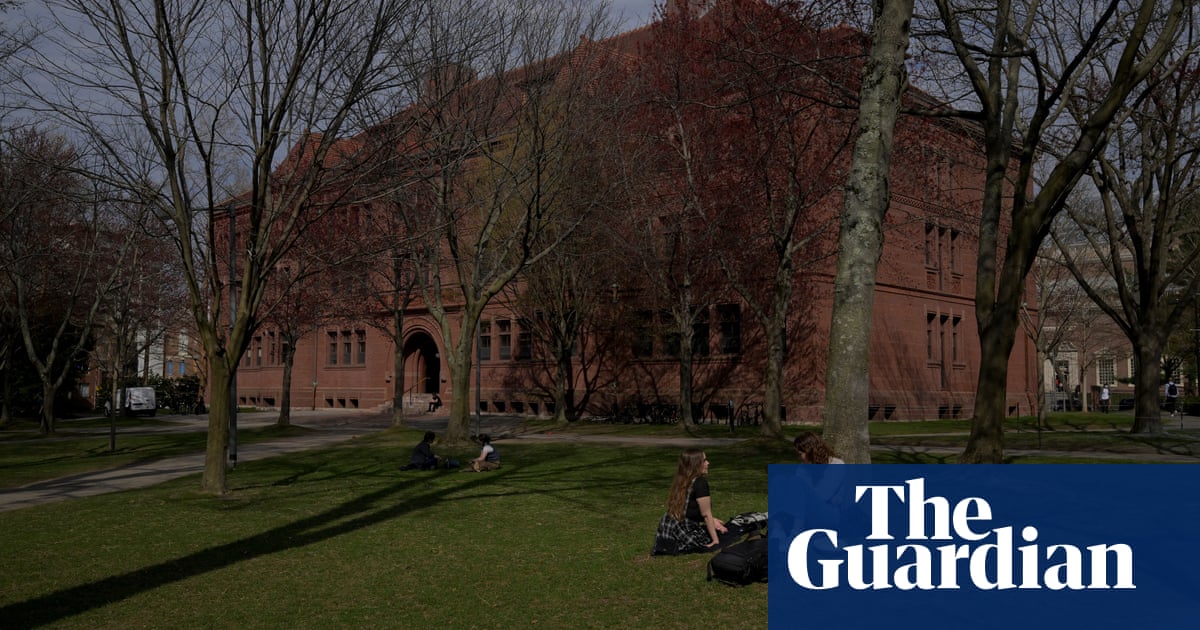


Comments